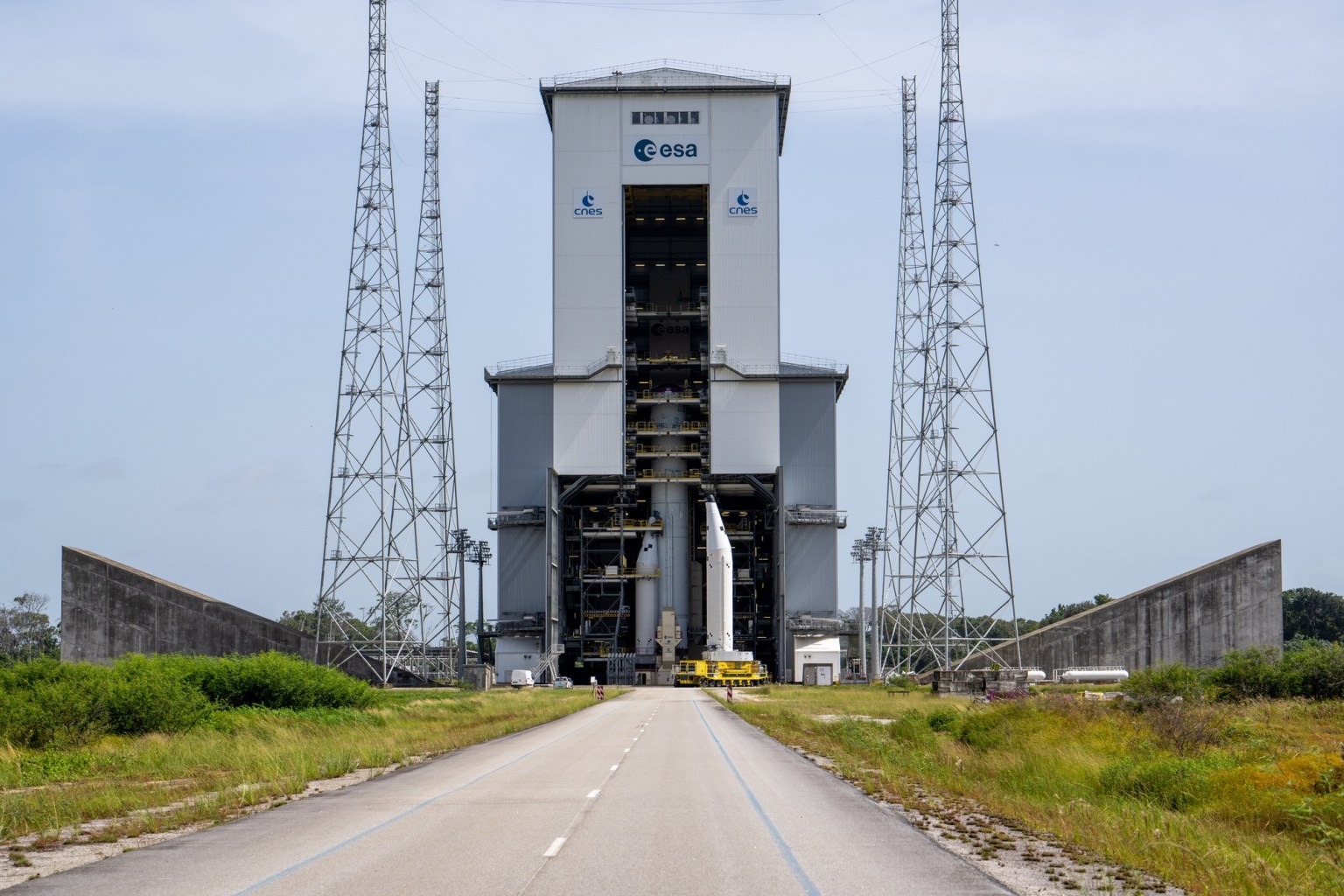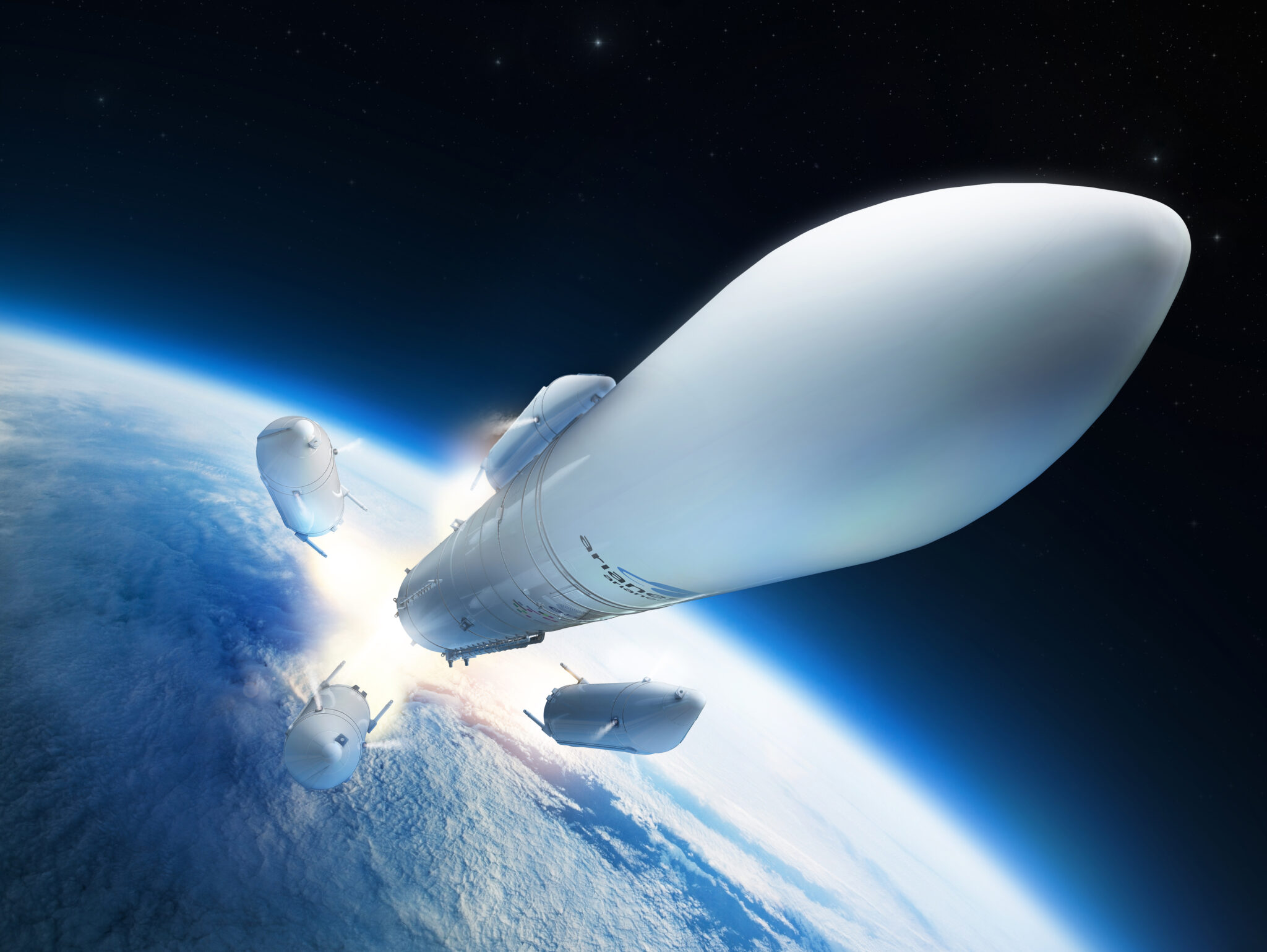The European Space Agency (ESA) plans to launch a new Ariane 6 heavy-lift launch vehicle for the first time this summer. The launch, which also involves the French space agency CNES and the main contractor ArianeGroup, is scheduled for the first two weeks of July.

ESA Director General Josef Aschbacher confirmed these terms in a post on social media. He noted: “Happy to announce that as we get nearer to liftoff of #Ariane6, teams at @ESA, @CNES and @ArianeGroup have narrowed down the time period for the first attempt for launch: the first two weeks of July.” A specific launch date will be announced in June.
This update was the first clarification of the launch schedule since November 2023, when the agency said it expected the first flight of the rocket between mid-June and the end of July 2024, SpaceNews noted.
Ariane 6 has been in development since 2014, and the first flight was originally planned for 2020, but the project has undergone numerous delays. The new rocket will replace the Ariane 5, which made its last flight in July 2023.

Arianespace creates two versions of Ariane 6: Ariane 62 with two boosters and the more powerful Ariane 64 with four. The rocket will have a height of more than 60 meters and will weigh almost 900 tons when launched with a full payload equal to the weight of one and a half Airbus A380 passenger aircraft.
The engine of the Ariane 6 upper stage, named Vinci, uses liquid hydrogen and oxygen. It can be stopped and restarted several times, making it ideal for missions to put more than one satellite into different orbits.
In April, Aschbacher called the first launch of Ariane 6 the “big event of the year” for Europe in the field of space achievements. But he also cautioned: “Statistically, there’s a 47% chance the first flight may not succeed or happen exactly as planned. We’ll do everything we can to make it a successful flight but I think it’s something that we have to keep in mind.”
Earlier, we reported on how the launch of Ariane 6 was constantly postponed.


